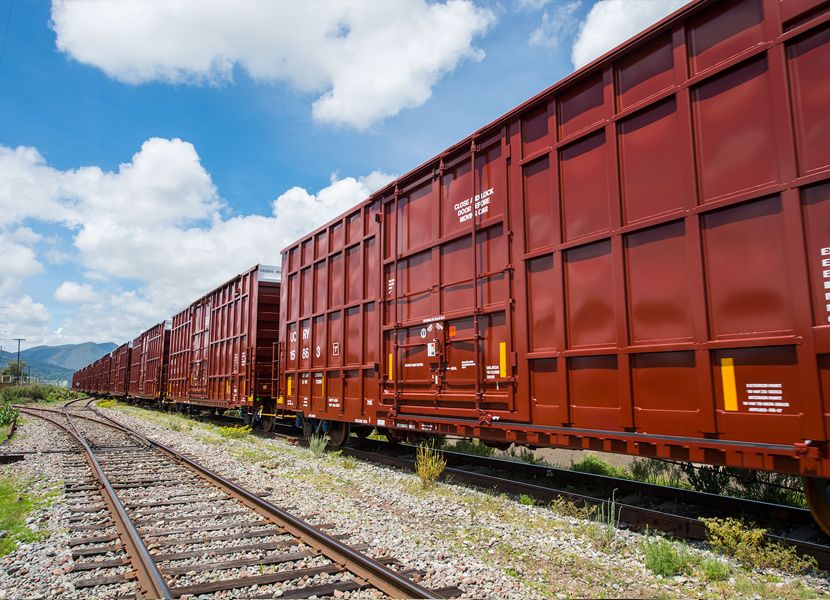On October 31, 2022, construction began on the second rail bridge between Nuevo Laredo, Tamaulipas and Laredo, Texas.
This project is expected to expand and expedite bilateral trade between Mexico and the United States and is scheduled for completion in the second quarter of 2024.
In terms of international freight, the rail system is used to import agricultural products (mainly corn) and containerized cargo, and to export automobiles and beer.
According to the Sector Program for Communications and Transportation 2020-2024, Mexico wants to promote the use of the train to reduce economic and environmental costs.
Foreign participation in rail services and infrastructure (where general railways are involved) is still limited to 49%, but foreigners can increase their participation, even up to 100%, if they obtain approval from the National Foreign Investment Commission (CNIE); according to the authorities, the CNIE has authorized FDI to exceed 49% only in construction projects.
Rail bridge
Rail freight rates are not regulated. However, in 2020, the Federal Economic Competition Commission (Cofece) determined that there was a lack of effective competition in the transportation of chemicals on 20 routes in the state of Veracruz. As such in 2020 the Rail Transportation Regulatory Agency (ARTF) began regulating the rates of the operators providing the service on the designated routes; this measure is still in effect.
On the other hand, on October 25, 2022, Mexico and California signed an agreement regarding toll revenues from the Otay Mesa II – Otay Mesa East border crossing.
The agreement shares the revenues equally between the parties, which is expected to generate significant savings in both operating costs and time, as there will only be one facility in U.S. territory.
Pursuant to Article 8 of the Foreign Investment Law, a favorable resolution from the CNIE is required for the foreign investment to participate in a percentage greater than 49% in the economic activities and companies mentioned below:
- Port services to vessels to carry out their inland navigation operations, such as towing, mooring of lines and launching.
- Shipping companies dedicated to the operation of vessels exclusively in deep-sea traffic.
- Companies holding concessions or permits for public service aerodromes.
- Private services of preschool, primary, secondary, middle school, high school, higher and combined education.
- Legal services.
- Construction, operation and exploitation of railroads that are general means of communication, and provision of public railroad transportation services.
![]()

